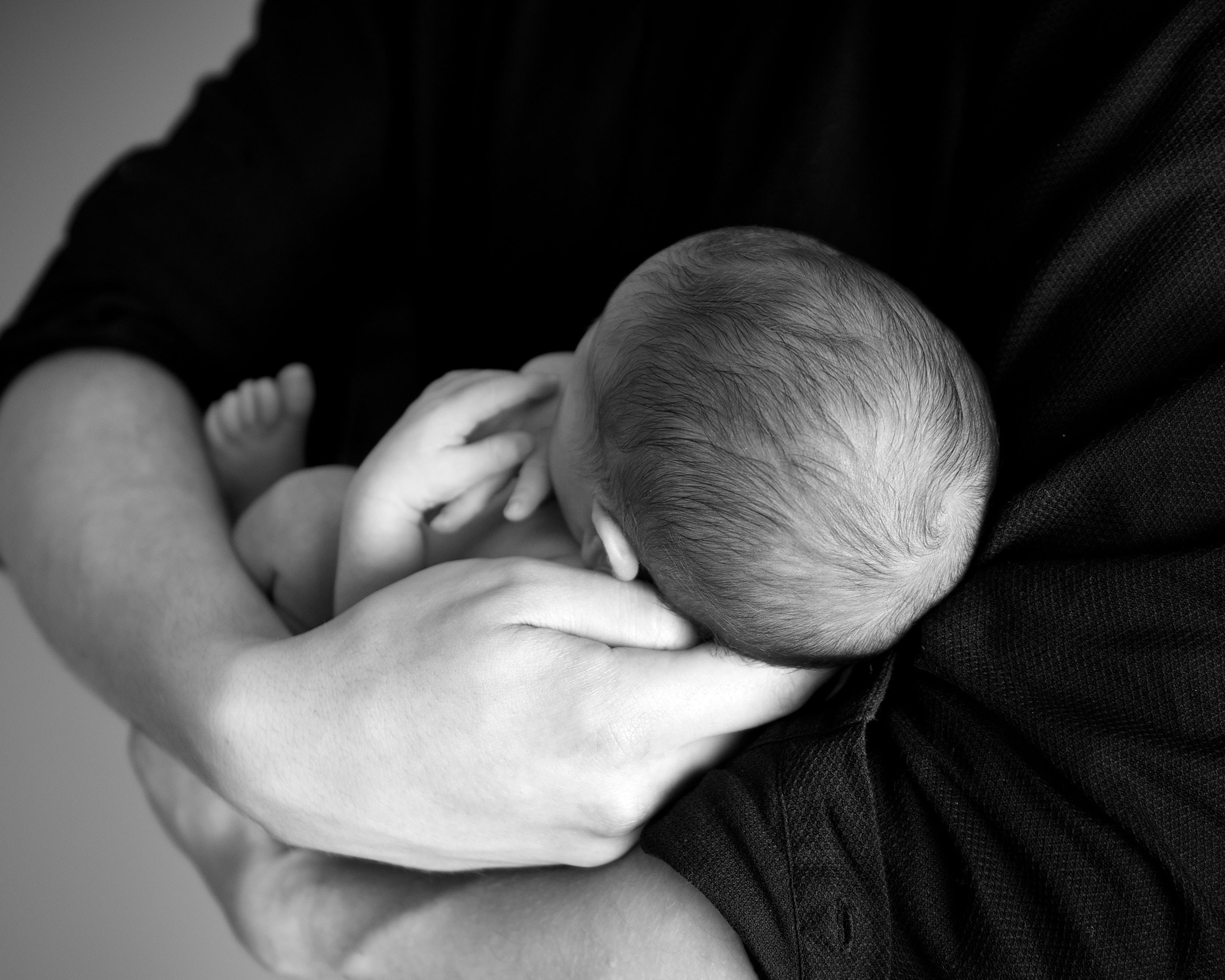Pregnancy and childbirth bring massive changes, both physical and emotional. But, it doesn’t end after the baby is born. The postpartum period brings its own unique circumstances that require good self-care.
During the last months of pregnancy and after baby delivery, you are mainly focused on the needs of your child. First, during pregnancy, we tend to search for all the baby necessities, trying to find the best because a little bundle of joy deserves the best. Then, after a baby arrived, your full attention goes to her or him to make sure that everything is alright and under control, especially if you are a new mom. This is quite normal and perfectly expected, but you shouldn’t forget that you went through enormous change and need to take care of yourself as well during the postpartum period.
Postpartum Period
To begin with, let’s see what is and how long is the postpartum period. The time that comes just after giving birth is what we call the postpartum period. The word postpartum comes from the Latin language and means ‘after childbirth.’ This is an exciting period in every mom’s life, but it is, at the same time, a period of adjustment and healing.
During this time, your body goes through physical and emotional changes while you are learning how to care for your newborn and be a good parent.
Postpartum bleeding or period usually lasts between six and eight weeks. Interestingly, a lot of cultures and communities considered this to be kind of a special and sacred period in the life of a mother. Therefore, they thought that women shouldn’t do any of their regular daily tasks during this time.
Nowadays, things are different, and many new mothers have to get back to work, cutting their maternity leave short and leaving before the postpartum period ends. Remember, it is crucial to do everything in your power to take good care of yourself in these first weeks after such a great event in your life like childbirth.
What You Can Do
There are plenty of things that you can do to take proper care of yourself during the postpartum period, and we will list some of them.

· Get some rest. You will quickly realize that babies have reverse time clocks. They sleep during the day instead of at night. Try to sleep when your baby sleeps. We know it isn’t always possible because it can be the only period when you can do something for yourself. However, it is essential to at least lay down with closed eyes as it can be very helpful. Also, you can swim after four-six weeks, using the best tampons for swimming.
· Get others to do the chores. All these things, like cooking, shopping, doing laundry, and so on, do not require your presence. When it’s possible, let someone help you and have some time for yourself.
· Go for a walk. Take at least 15 minutes per day to get some fresh air while the baby is with someone else or sleeping.
· Keep social contact. It’s a bit similar to the previous tip. Be sure to have a moment of talking with friends or neighbors. Don’t neglect everything just because you have a baby.
What to Expect
Everything starts to change with pregnancy; you go through different physical and emotional changes. Well, what is happening in the postpartum period is pretty similar; only the symptoms differ. Like when your body needed to adjust to an idea of life growing inside, now it needs to get used to a new situation.
Now that you know what is a postpartum period, let’s see what is happening to your body. In terms of physical changes, one of the first postpartum period symptoms is vaginal discharge called lochia, and it lasts for several weeks. It contains blood, uterine tissue, and mucus, and at the beginning, the flow can be stronger like when you have a heavy period, but then it gradually decreases. Besides, you might notice that your ankles are still swollen because you were retaining fluid during pregnancy. Another common symptom is back and neck pain because of a breastfeeding position.
But when we talk about the postpartum period what to expect regarding emotional changes? Because both pregnancy and childbirth were such intense experiences; as we said, there might be some mood swings. Don’t be surprised if you go from euphoria to depression in a matter of hours. Considering all that you have been through, plus the fact that you will be sleep-deprived and sore, it is perfectly normal. However, if you don’t see your symptoms improving in two weeks, talk with your doctor because you might be dealing with postpartum depression.
Final Thoughts
We hope that you liked the text we prepared for you and that this information was useful for you. It is important to remember that the world doesn’t have to revolve only around the baby when you become a parent. We would like to hear your ideas on the postpartum period, whether you are a new mom, or you are planning to start a family. Share with us in the comment section below!


Join the conversation!